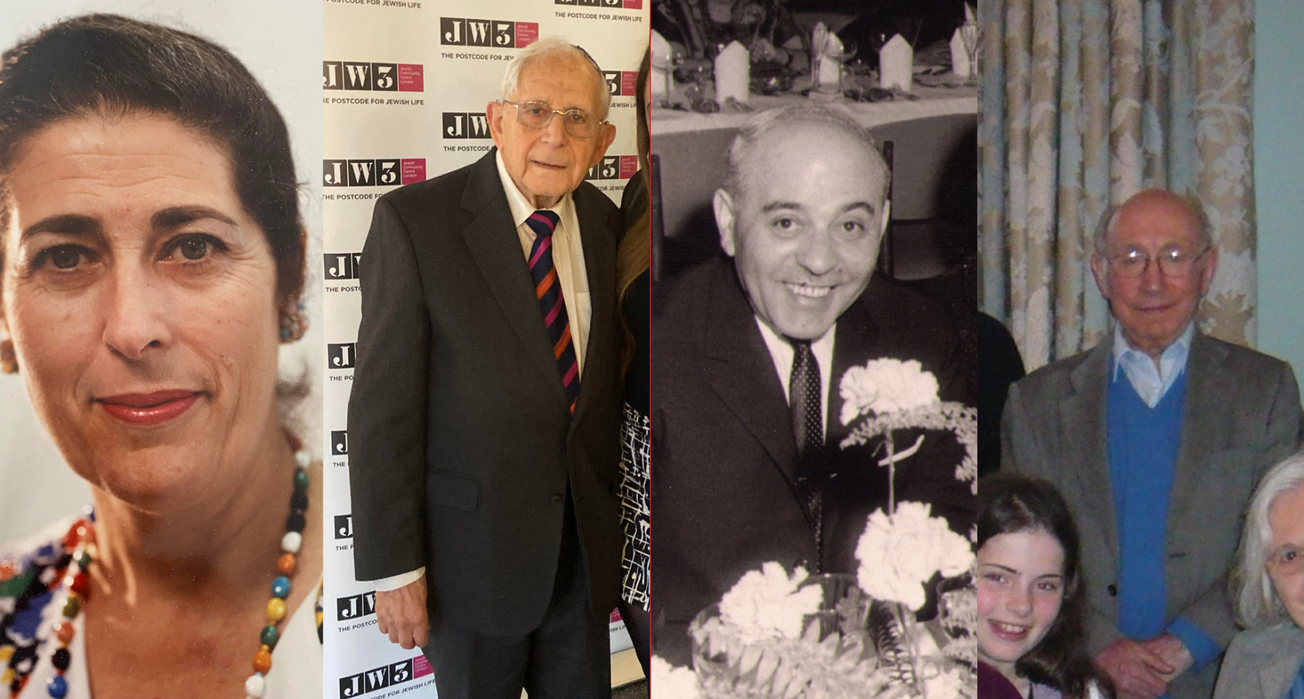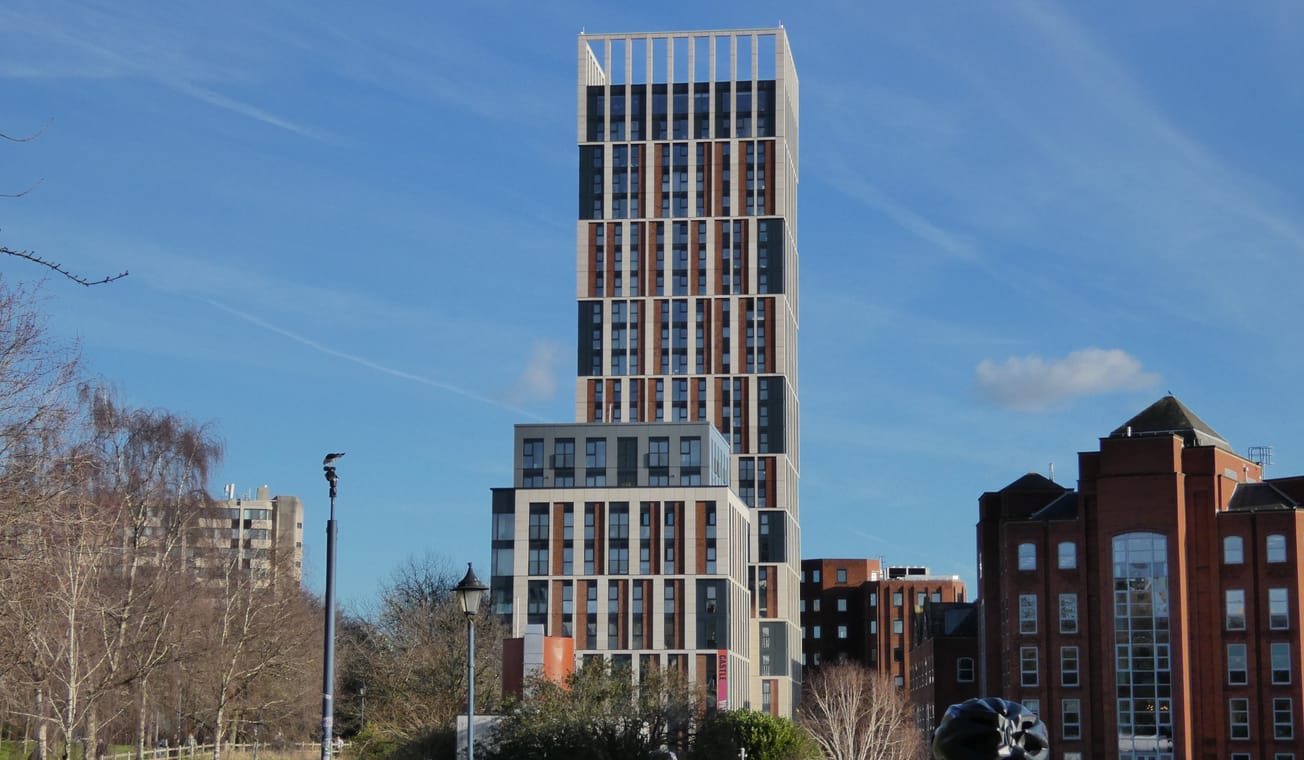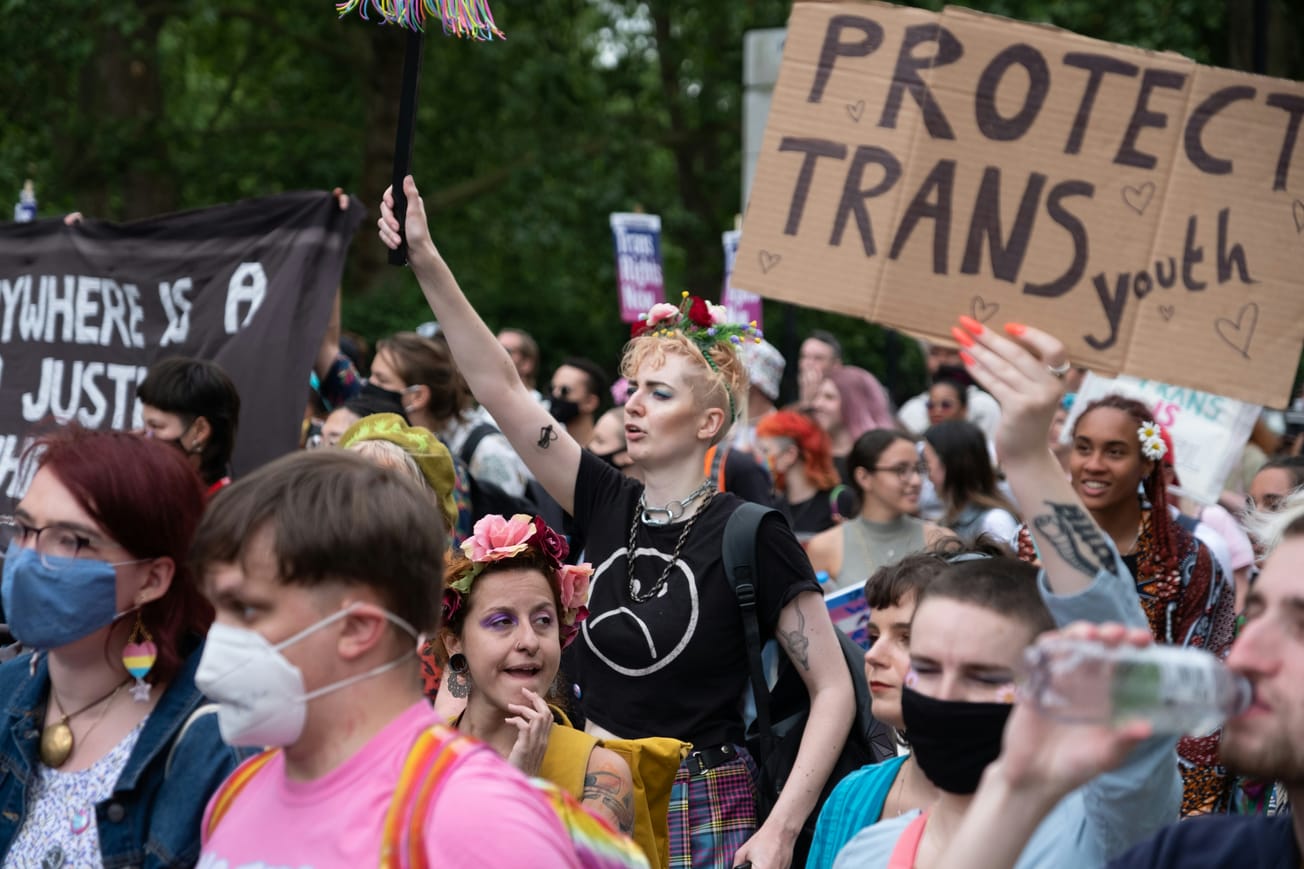By Oliver Cohen Features Digital Editor
To commemorate Holocaust Memorial Day on 27 January, we talked to four Bristol students who continue to pass on the stories of their relatives who survived the Second World War as persecuted Jews.
Content warning: the following article contains stories and details that some may find upsetting.
In 2018 there were approximately 14.6 million Jews living around the globe. 75 years on from the Holocaust and today this number has still not rebounded to its pre-war figure of 16.7 million. 75 years on from the Holocaust and then numbers of those who live and stand as a testament to what happened dwindle. In the 75 years since the world said never again there have been recognised genocides in Bangladesh (1971), East Timor (1975), Cambodia (1975), Guatemala (1981), Bosnia (1992), Rwanda (1994) among others that have happened and in the case of Myanmar are still happening now. Until ‘never again’ truly is such, Holocaust Memorial Day remains ever relevant.
Students here at the University of Bristol have retold the stories shared first by their grandparents who survived the Holocaust. Rachael, a second year Neuroscience student, talks of Janina, her grandmother, who ‘ran away to a secluded area in the mountains, pretended to be Christian, and blew up a bridge’ during her efforts to survive the war as a Jewish woman.
Janina was born in Poland, like many other Jews in the pre-war period. Her mother was an economist and father an influential lawyer within the town. One might be forgiven for believing that such wealth and influence would act as protection. These, however, were not normal times.
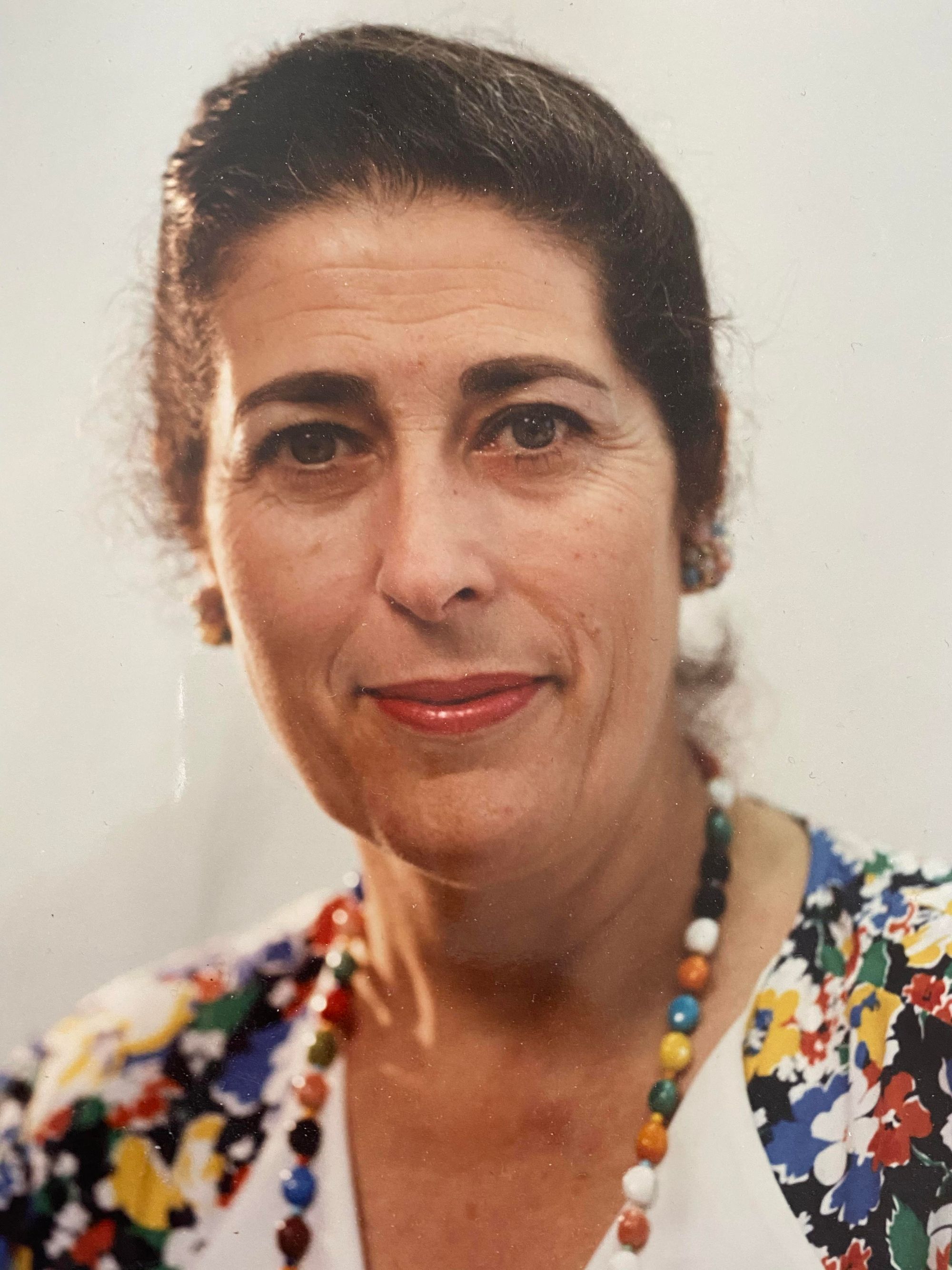
Over in Sosnowiec, Chaim was born sometime before the war in 1927. Born into a big family of six siblings, he grew up under darkening times that would result in the war that would dominate his teenage years. He remains alive today, aged 92, and having had a career in the UK as a dentist, now passes on stories from the war and Holocaust to Chloe, his granddaughter, a third year Politics student.
Another Polish resident, Abraham, was moved to the Łódź ghetto after having fought in the Polish army. Ayala, a third year Music student, told me her grandfather was one of 160,000 Jews confined there by the German authorities, who set up the ghetto to contain local Polish Jews and Roma populations.
The outbreak of war meant displacement for many. Chaim went to go live with his grandmother in another Polish town called Charzyno. Janina was forced to run away with her family, but unfortunately not with her father. His importance at the time made him one of the first to be taken away and put to death by the Nazis. The remaining women ran to the secluded mountains to try and avoid the same fate, also pretending to be Christian to not arouse suspicion.
If being Jewish was your most defining feature to the Nazis, then your ability to work was a close second. The selection was often made immediately. Chaim, along with his family, were rounded up by the Nazis in the town. His mother, along with the other women, were taken away by cattle truck to be put to death. With the men in his family, Chaim was routed to Plaszow concentration camp, the same camp that was the setting for the true story of the film Schindler’s List (1993). After almost four years in the ghetto, Abraham was deported to Auschwitz with his wife and daughter. He was sent to work while his wife and daughter were sent to the gas chambers upon arrival.
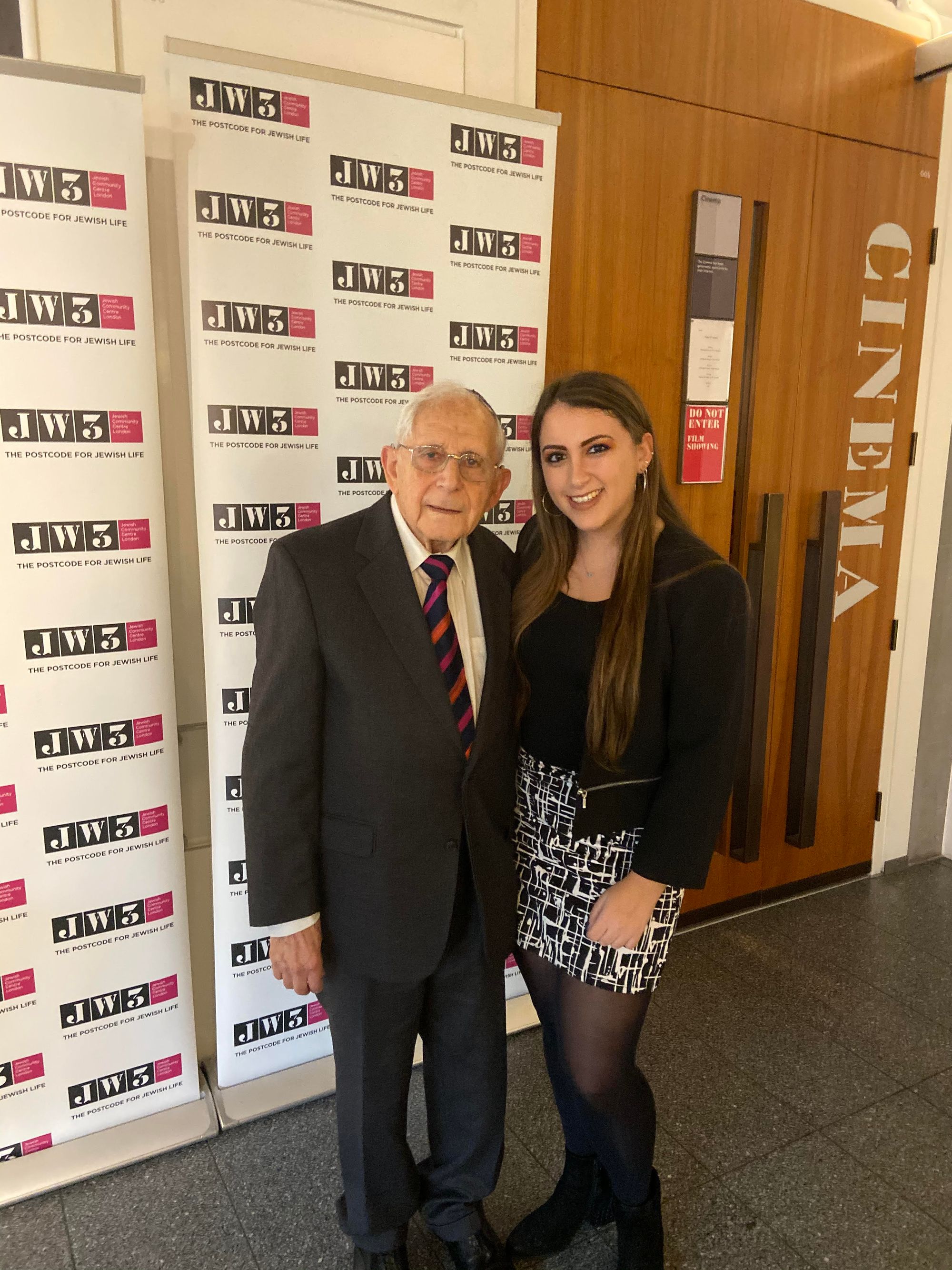
Unfortunately, the Nazis were not the only threat to those fleeing their persecution. The local anti-German resistance got wind of the true religion of Janina and her family, and they used the information for blackmail. Janina was forced to blow up a bridge - carrying the bomb in a basket of eggs - to aid the resistance and buy their silence.
Many in the camps were forced to move between them. Chaim moved early on to a munitions factory. The work was long, sufferable and dangerous. Forced to work naked, the exposed skin of the workers turned yellow due to chemical exposure. Random selection by guards for death made every day a multifaceted danger. In Auschwitz, Abraham picked up enough information to be able to pretend to know a trade and thus ‘escape’ Auschwitz after three months by being taken to a slave labour camp.
In and out of the camps, all witnessed sights nobody should be expected to see and of a magnitude of horror few could imagine. Indiscriminate killings, people hacked to death and camp inmates battling like animals for small scraps of food were all too common.
The nightmare did finally come to an end, and many had different routes to more peaceful times. A twist of fate aided Janina. At the time, her mother was very sick and close to death but thankfully saved by a Jewish doctor attached to the British army. Thanks to his army connections, he was able to get Janina and her family back to England. With Janina posing as his daughter and falsifying her age to achieve this feat.

Chaim moved from camp to camp before eventually being liberated by the Russians. Suffering from Typhus brought on by the squalid conditions he was taken barely conscious to a hospital. Eventually recovering and emigrating through a program by the English government for 300 Holocaust refugees, the events of which have now become a movie.
Abraham also was liberated from the labor camp and returned to Łódź only to find that none of his family had survived. Like many Jews, he started moving west and eventually was marooned in Berlin by the fall of the Iron Curtain in 1946. In a displaced persons camp in Berlin, he learned another trade, and later set up in the city buying and selling antiques and jewellery. In 1948, he met his wife, an escapee from the Warsaw ghetto, at a Chanukah ball.
Elisha a second year Politics student also comes from a Jewish family affected by the war. She speaks about her grandfather Harry and how he had to ‘go into hiding, pretend he was catholic and flee from the Nazis’.
He lived many miles west in Holland, now a staple destination for tourists and students alike, but at the time a birthplace that would place him in danger. Harry completes the four stories we have been told by current Bristol students, but many more million lives were destroyed, endured and eventually defined by the Holocaust.
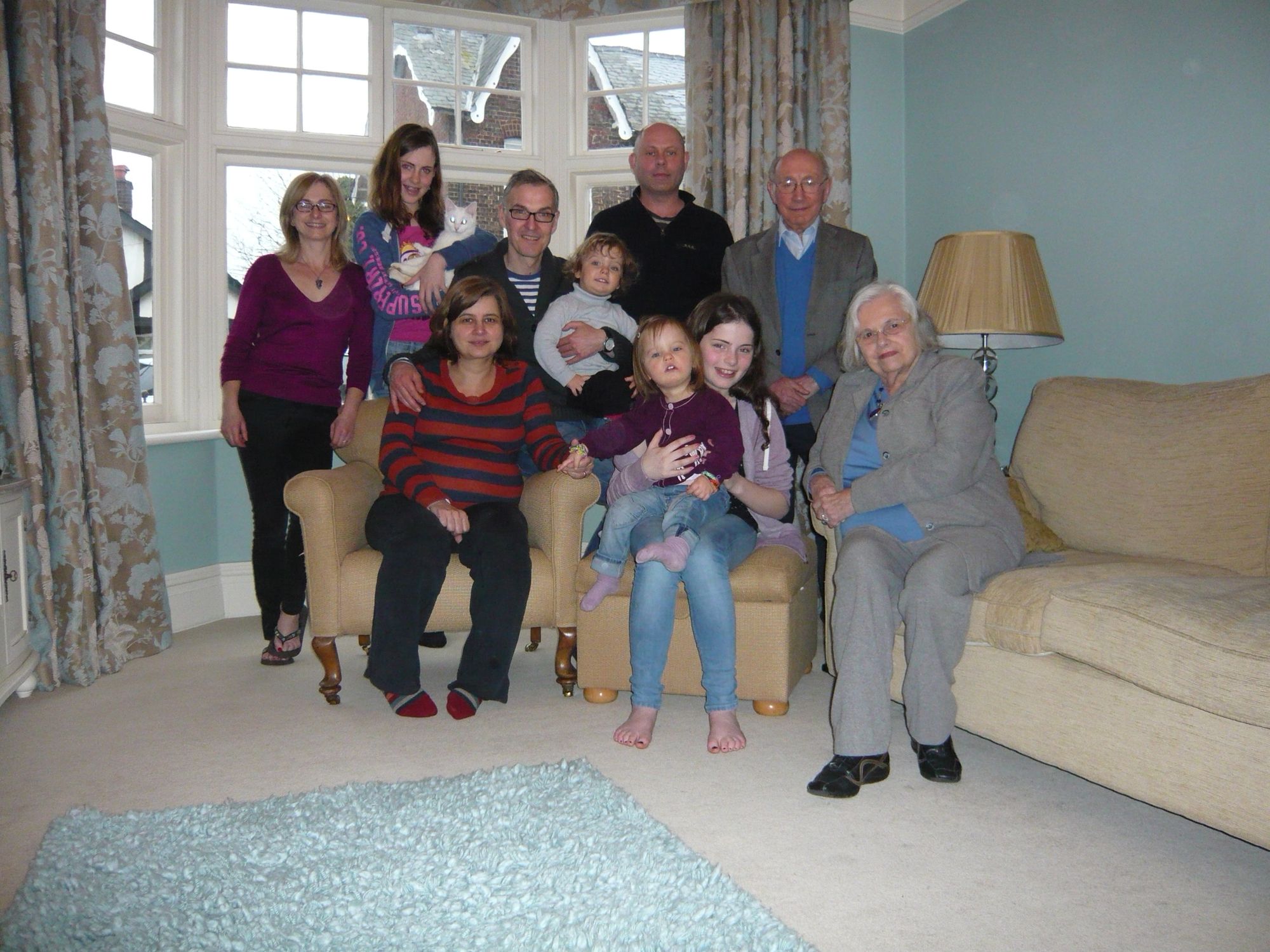
Going into hiding Harry was forced to outwardly deny his religion, pretending he was Catholic to stay alive. Harry, on the way to a concentration camp, was helped to escape by a helpful compatriot who got him out in the changeover from the truck to train allowing him to flee to England.
The Holocaust influenced the lives of all those it touched. In a rare moment of happiness Janina’s mother married the doctor that saved her, living then on in England.
Many dealt with the experience in different ways; Harry, like others, wrote memoirs, detailing his experiences. Others took more drastic measures. Abraham changed his name becoming Adam, a stark reminder to himself of just how much of his older life the Holocaust had taken. Having survived the Holocaust, he was the only man alive from his entire family and his world.
Chaim began to rebuild his life post-war, becoming a dentist despite knowing no English. He also was helped by the Red Cross to find out his remaining family members. Almost all had been tragically killed apart from his sister and brother. For the rest of their lives they remained close, a bond forged through the shared horror.
Often forgotten is just what the Holocaust left as well as what it took away. Habits forged in the fight for survival rarely die. Practices that now appear strange, but were all that stood between life and death for many survivors.
Their fridges are always overfull with food sometimes going off, cupboards overflowing with tins and various items. With food previously such a scarcity, survivors took any chance they could to build up stores, lest the shops run out.
The trauma experienced makes speaking about such things hard, while some do outreach work talking about what they went through, many stay quiet, not wanting to relive anything that went on. PTSD, which only became formally recognised in the early 1980s was also highly prevalent, remaining untreated. Just the act of filling out an address could cause serious concern. After the turmoil some might never believe that the authorities are not going to one day come for them. Janina’s false age followed her to her death. Upon her death her gravestone stated her false birthday.
Such is the consequences of the Holocaust, those who finally made a safe future for themselves never truly forgot the desperation for survival the Holocaust left them with.
With thanks to:
Elisha Mans, Chloe Kaye, Rachael Berger and Ayala Gottlieb Alter for sharing their time and their family stories.
Bristol Jsoc are running a memorial event, find details here.
Featured Image: Courtesy of the families of the surivors featured

